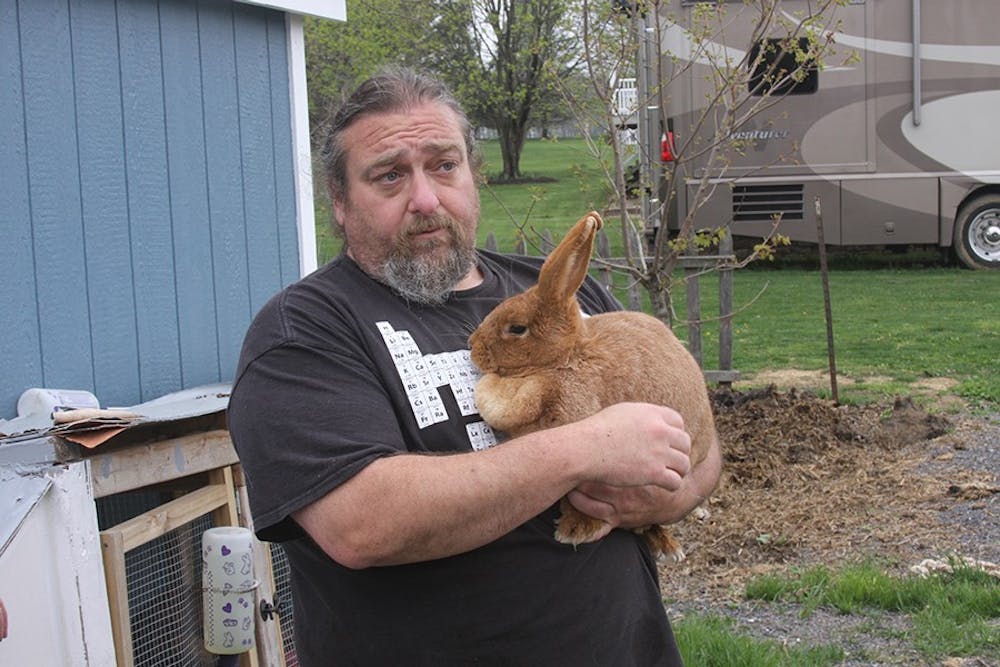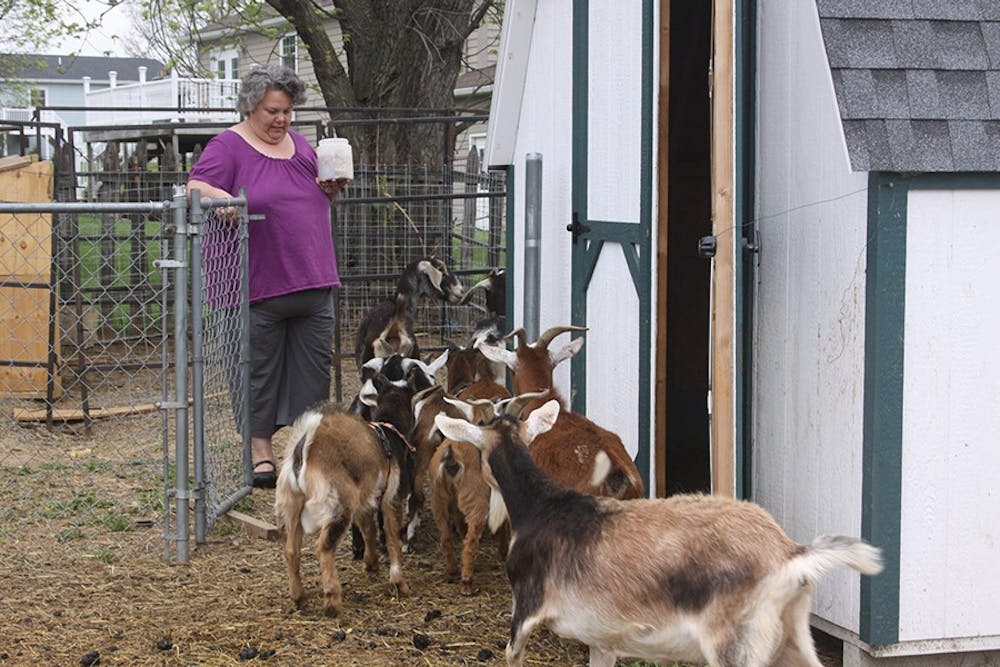With issues of environmental sustainability continuing to arise at local, national and international levels, a local family is making efforts to draw attention to environmental concerns and provide incentive for people to assess their use of natural resources and reduce their carbon footprint.
Former Denver, Colorado, residents Micah and Dez Kane are making strides to create a family sustaining homestead on their family farm located in Shippensburg, Pennsylvania. After facing years of sustainability challenges in Denver, the Kanes moved to the Cumberland Valley during the pandemic in 2020 in search of a more climate-friendly environment.

After conducting extensive research, Micah and Dez discovered that south-central Pennsylvania was projected to be one of the most climate stable areas in the next 50 years. The couple and their children made their way across the country and settled on their new property.
For both Micah and Dez, the interest in sustainable food systems piqued at a young age. Growing up, both their mothers tended gardens that sustained their families. When the couple purchased their first home together in Denver, they began to implement sustainable practices in their own household. Not only did this reduce costs for the family, but also gave them more control over what they were eating.
The Kanes are continuing to implement these sustainable practices at their Pennsylvania residence. Various livestock are raised on the property and play an essential role in their sustainable food system. Rabbits are high-quality protein animals, and produce a large amount of manure, providing soil fertilizer or as Micah says, “garden gold.” Goats are raised for their meat, milk and also their hair. They utilize their goats to clear land by allowing them to graze and clear brush, which is an excellent method of controlling vegetation without herbicides.
The farm runs solely off solar power. Solar panels are a source of clean electrical energy and were installed in the backyard to eliminate the use of fossil fuels for electricity.
Upon arrival to the area, the pair developed a partnership with Shippensburg University to provide educational support to students. The Kanes currently rent out a few goats to the university to help clean up brush and invasive species on campus. They are also working to provide an independent living space in their home where graduate students can stay during their research.
Dez stresses the importance of sustainability, and that society needs to preserve natural resources for future generations. “We are stewards of the planet and we must take care of her,” she said.
According to Micah, education has always been a part of their lives. Their mission is to share information and educate others on sustainable practices they can implement into their daily routine. Micah said, it is important that we do what we can where we are, and begin to repair some of the damage to the earth. Implementing sustainable practices into our everyday lives will help maintain our quality of life and is simply our key to a better future.



The Slate welcomes thoughtful discussion on all of our stories, but please keep comments civil and on-topic. Read our full guidelines here.